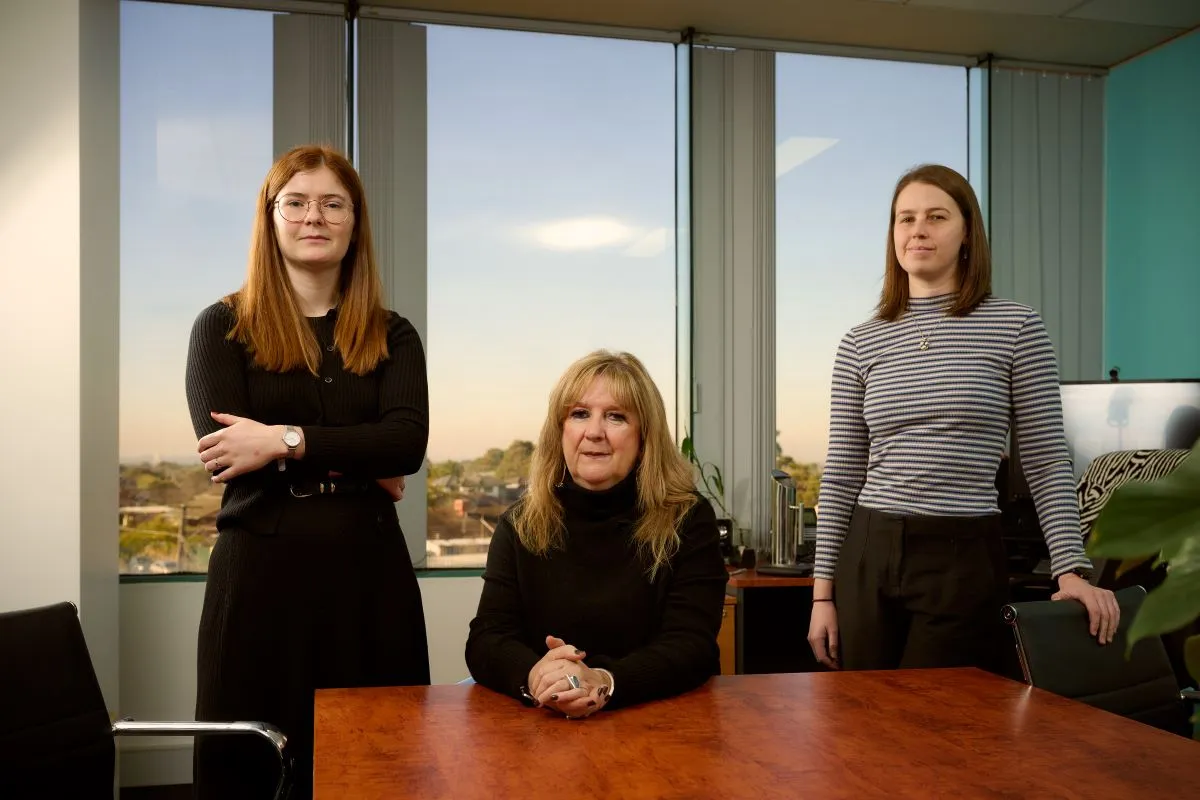Major Grant
Funding for projects that help to better understand and support the legal needs and capabilities of Victorians.
Building capability to understand and respond to legal need
Major Grants support civil legal projects that help legal organisations better understand and support the legal needs and capabilities of Victorians.
Major Grants can be used to fund civil legal projects that:
- develop new understanding of the legal needs and capabilities in Victoria
- improve the Victorian justice sector’s data and research capabilities
- support navigation of the Victorian justice system and access relevant and accessible legal information
- expand knowledge across the Victorian justice and community sectors through sharing project outcomes and insights.
Eligible organisations
Applications are open to:
- community legal organisations
- community organisations with an internal legal service
- community organisations in partnership with a legal service.
Project types
Projects likely to be funded involve:
- Researching a civil legal problem or issue to better understand how to effectively respond.
- Developing systems and staff capabilities to collect, understand and use data to improve services or programs
- Developing new pathways to improve access to legal services or programs
- Trialling approaches to support people to better navigate the justice system.
We encourage applicants to consider existing research that identifies gaps in legal needs and capabilities to inform their proposal.
The Public Understanding of Law Survey and Data Mapping project provide a starting point to explore empirical evidence of legal need and capability. We also host a library of previous grant project reports and outcomes.
Grant criteria
- Evidence of the need - the legal issue or research topic responds to legal need and/or is timely and likely to be of broad interest in the sector.
- The project addresses needs of clients and/or community groups experiencing disadvantage in access justice.
- Project design/methodology is appropriate for audience or approach.
- Sustainable project outcomes.
- A process for sharing the project findings, processes and/or outcomes more broadly with the sector.
- A commitment to evaluate and learn from the project to improve organisational practice and help identify effective approaches.
- Organisational capacity to undertake the project.
- Partnerships and collaborations to improve reach and impact or facilitate knowledge transfer.
Ethical standards
It is a requirement that any Major Grant research project complies with best practice guidelines, codes and legislation relating to ethical research.
More information is available in our developing your proposal resource.
Application Timeline
2025-26 applications are now closed.
Eligibility
- We prioritise submissions from community legal organisations and other not-for-profit community organisations in partnership with a legal organisation.
- Community organisations are required to partner with a legal organisation with suitable expertise to ensure accurate legal information is provided to the intended audience.
- We encourage partnerships between research organisations, courts, tribunals, statutory bodies and other community organisations to share knowledge, resources, provide guidance and expertise where there is shared interest.
- We only fund organisations – individuals are not able to apply.
- We focus on civil law and access to justice issues. We will consider work at the intersection of civil and criminal law, but we do not fund work exclusively on criminal law.
Preparing your application
If you are interested in applying for a grant, we offer a range of guidance supports and resources to help.
- Ensure your proposal meets the grant criteria.
- Read the information about developing your proposal
- Discuss your proposal with the Grants Manager.
- Download a copy of the application questions.
More information
Major Grants replaced elements of our previous Knowledge Grants and Community Legal Grants in 2024-25. Everyday Legal Grants are also available for projects that deliver civil legal information and education.
Subscribe to our Grants newsletter to receive information about future grant opportunities.
Related Resources
Grant support
Keep up with the latest
Projects we've funded
Browse projects and access reports and other outputs from funded projects.
Case studies
Learn more about some of the projects funded by our grants.
Following the shift to routine digital engagement when applying to the court for family violence intervention orders, this partnership project between Northern Community Legal Centre and the Australian Muslim Women’s Centre for Human Rights will unpack the range of process issues and barriers to participation faced by culturally and linguistically diverse women within Melbourne’s North-West.

Delivery of community legal education to help culturally and linguistically diverse young people increase their literacy on family violence issues and shift attitudes that allow it to occur.

Find research and reports
Browse the reports and other outputs from funded projects.